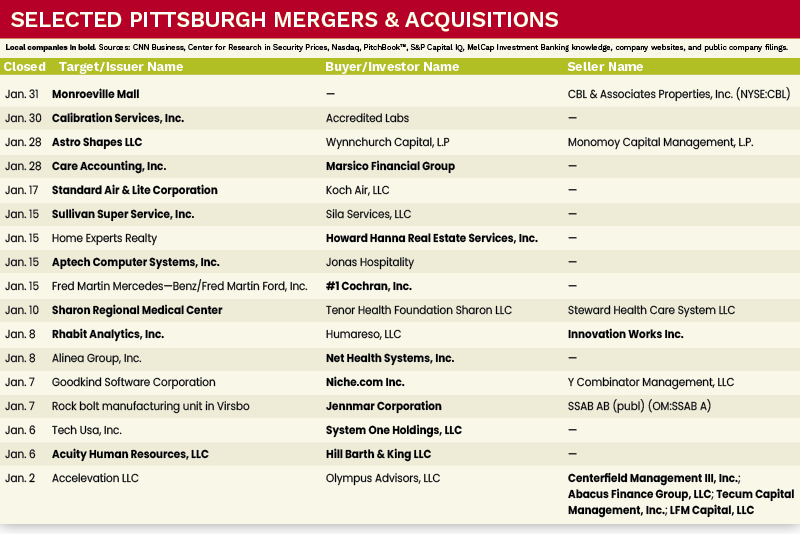
Initial public offerings (IPOs) are a tool for companies to raise new capital for expansion, or for existing private shareholders to monetize their investment stakes. Lately, a trend of companies electing to stay private has emerged. According to the Center for Research in Security Prices, the once robust listing of over 8,000 publicly listed companies on U.S. exchanges, which peaked in 1996, has fallen drastically — down to just 3,700 today. What has been driving this reduction in public listings?
Companies are electing to stay private for myriad reasons. For one, the timeline to IPO has changed significantly, thanks, in part, to growth-stage funding, or venture capital (VC). VC investors are typically introduced to companies early in their lifecycle and allow companies time to mature, test their product or service offerings, and solidify their market positions before taking the leap to the public markets.
Additionally, private companies have learned that the significant costs associated with an IPO can simply be avoided by staying private. Such costs are not only direct financial costs (e.g., underwriting, legal and accounting fees), but also the costs incurred given the time and effort required to comply with regulatory demands. Additional compliance requirements for public companies have increased the burden for smaller firms in particular, which has made staying private more attractive.
Perhaps most significantly, access to private capital has never been greater. U.S. private equity (PE) fundraising has been hovering around all-time highs over the past several years, and 2024 proved to be no different. PE fundraising surpassed $300 billion at the conclusion of last year. The four-year average of U.S. PE funding in the wake of the COVID-19 pandemic (2021 – 2024) is up over 420 percent since the four-year average from a dozen years prior (2009-2012). With massive amounts of capital sitting on the sidelines, business owners and private shareholders no longer have to face the pressure from public markets.
While the traditional IPO process still exists, it has become less attractive compared to private funding alternatives. With fewer IPOs, private companies seeking liquidity may instead set their sights on mergers and acquisitions as an alternative exit strategy.
M&A Market Activity
In January 2025, U.S. deal volume experienced a decline, down 9.7 percent compared to January 2024. Despite a slight decline, M&A activity is expected to rise, fueled by steady interest rates, improving macroeconomic conditions, and the strategic adjustments made by dealmakers in response to the higher interest rate and overall regulatory environment. Recent and anticipated interest rate reductions are poised to benefit both financial and strategic acquirers, enabling them to capitalize on favorable economic conditions and seize strategic growth opportunities.
The Pittsburgh M&A market experienced a 33.3 percent increase in activity in January 2025 compared to the same period in 2024. Pittsburgh-based companies System One and Net Health both completed acquisitions during the month of January.
Deal of the Month
Care Accounting, Inc. is a full-service accounting firm specializing in nonprofit organizations. On January 28, 2025, Marsico Financial Group, a Pittsburgh-based full-service financial advisory and accounting firm specializing in tax and business advisory solutions, acquired Care Accounting. This acquisition allows Marsico Financial to expand Care Accounting’s offerings with its small business financial reporting, bookkeeping, and payroll services.
Christopher Marsico, President of Marsico Financial said: “As we approach our 50th anniversary of serving the Pittsburgh area, this acquisition strengthens our offering and brings our resources and services to clients in the Beaver area.”
Sources: CNN Business, Center for Research in Security Prices, Nasdaq, PitchBook™, S&P Capital IQ, MelCap Investment Banking knowledge, company websites, and public company filings.
David M. Shibley is an Associate with MelCap Partners, LLC, a middle-market investment banking advisory firm. For more information on MelCap Partners, please visit www.melcap.com or email [email protected].


